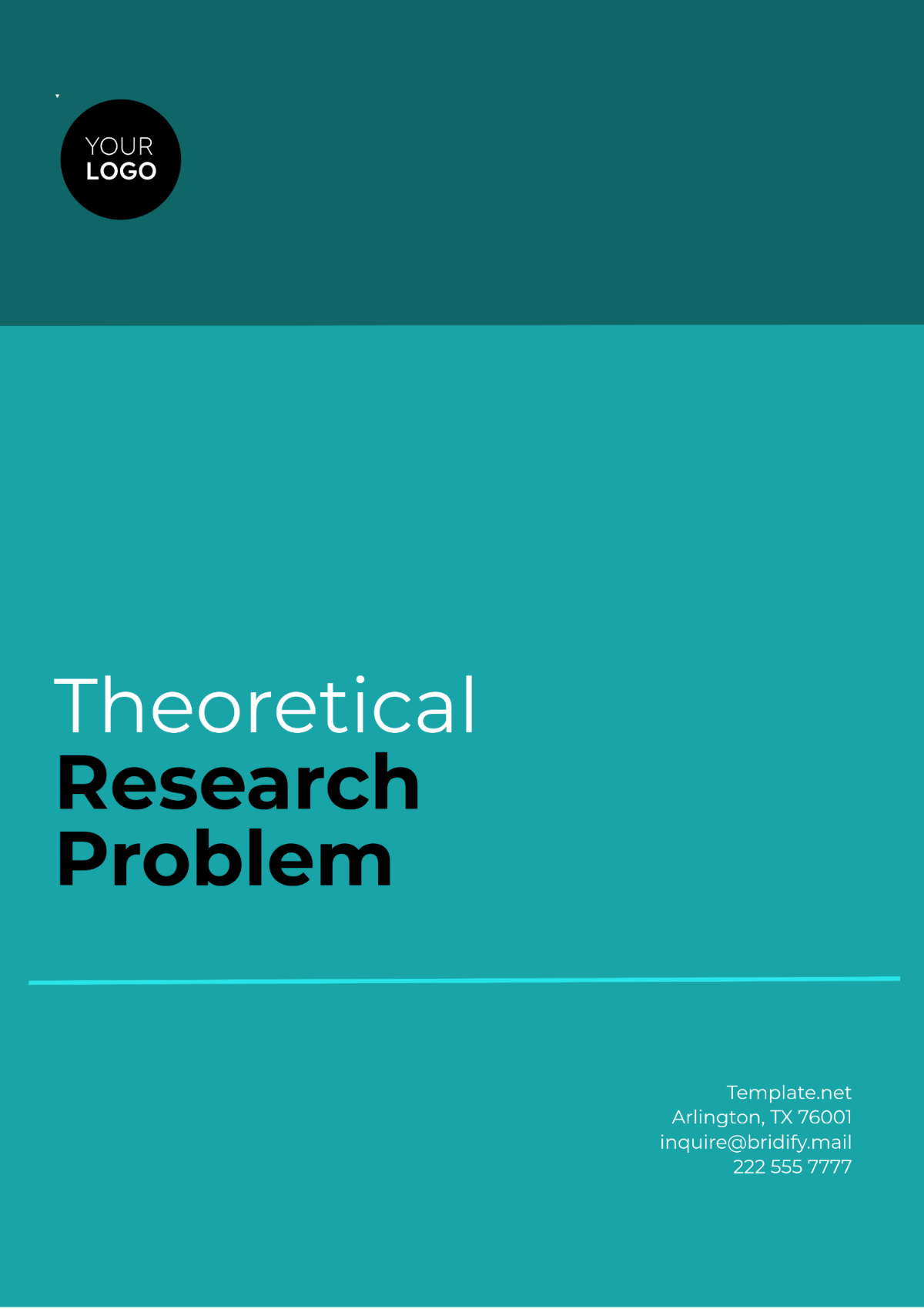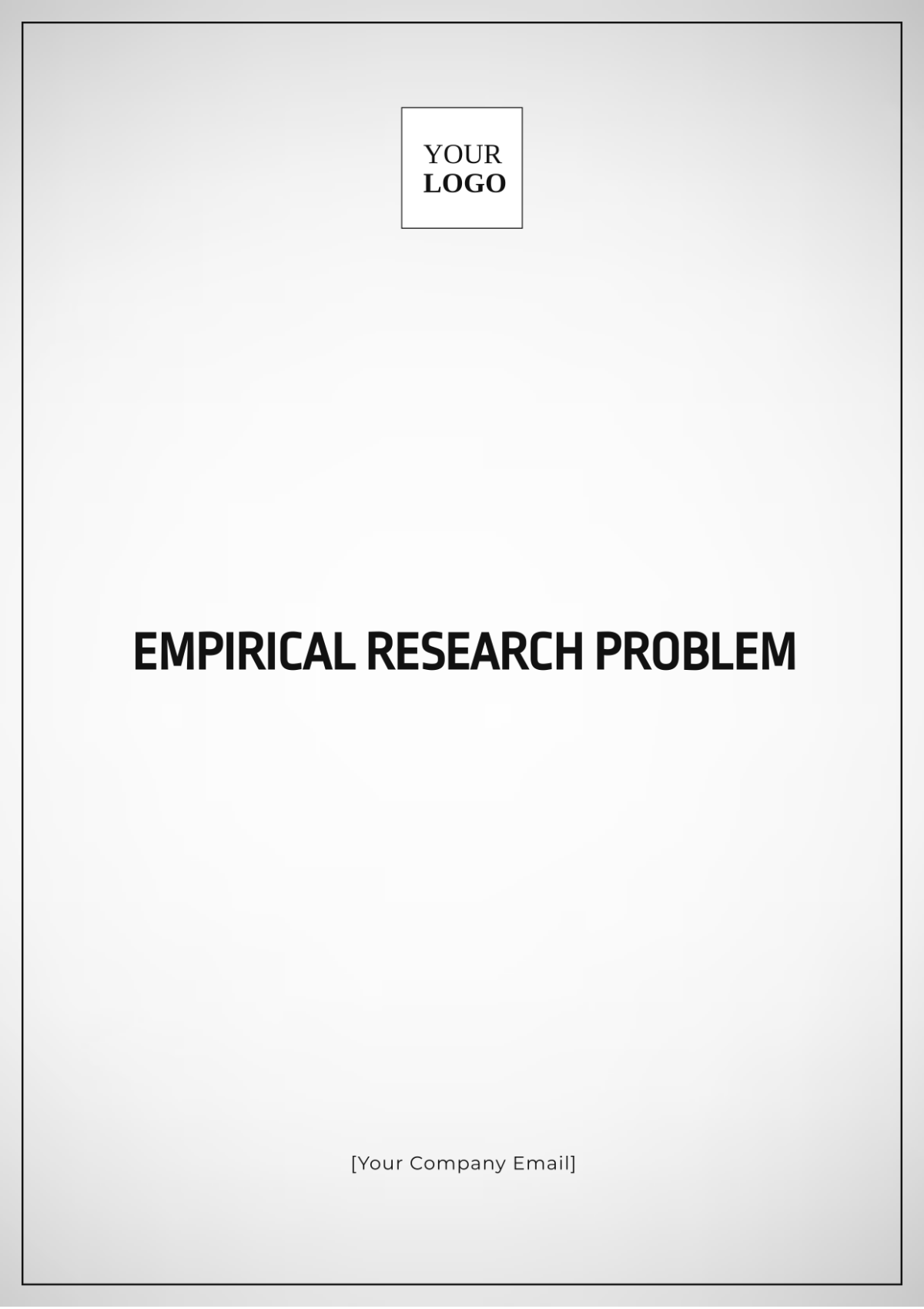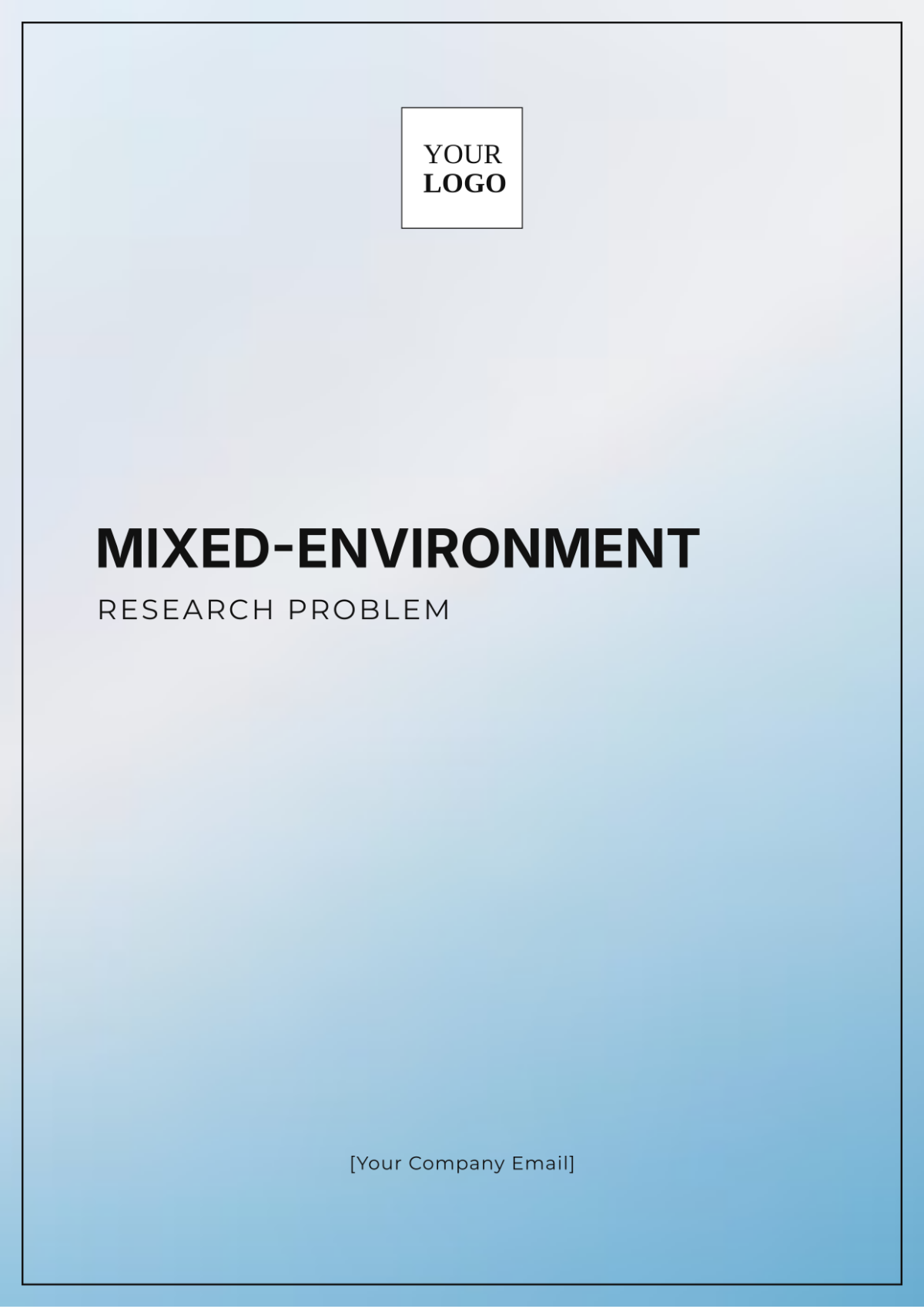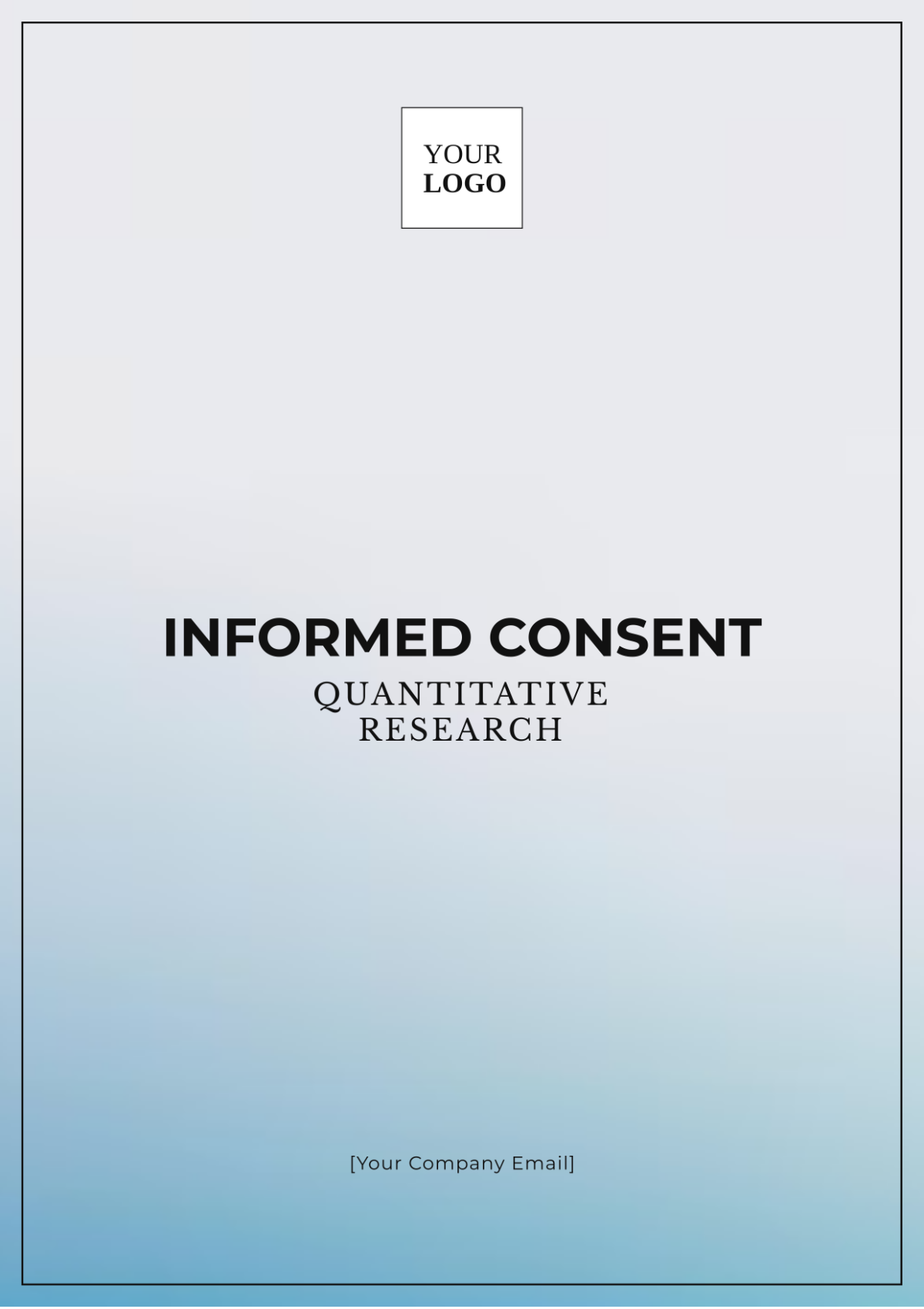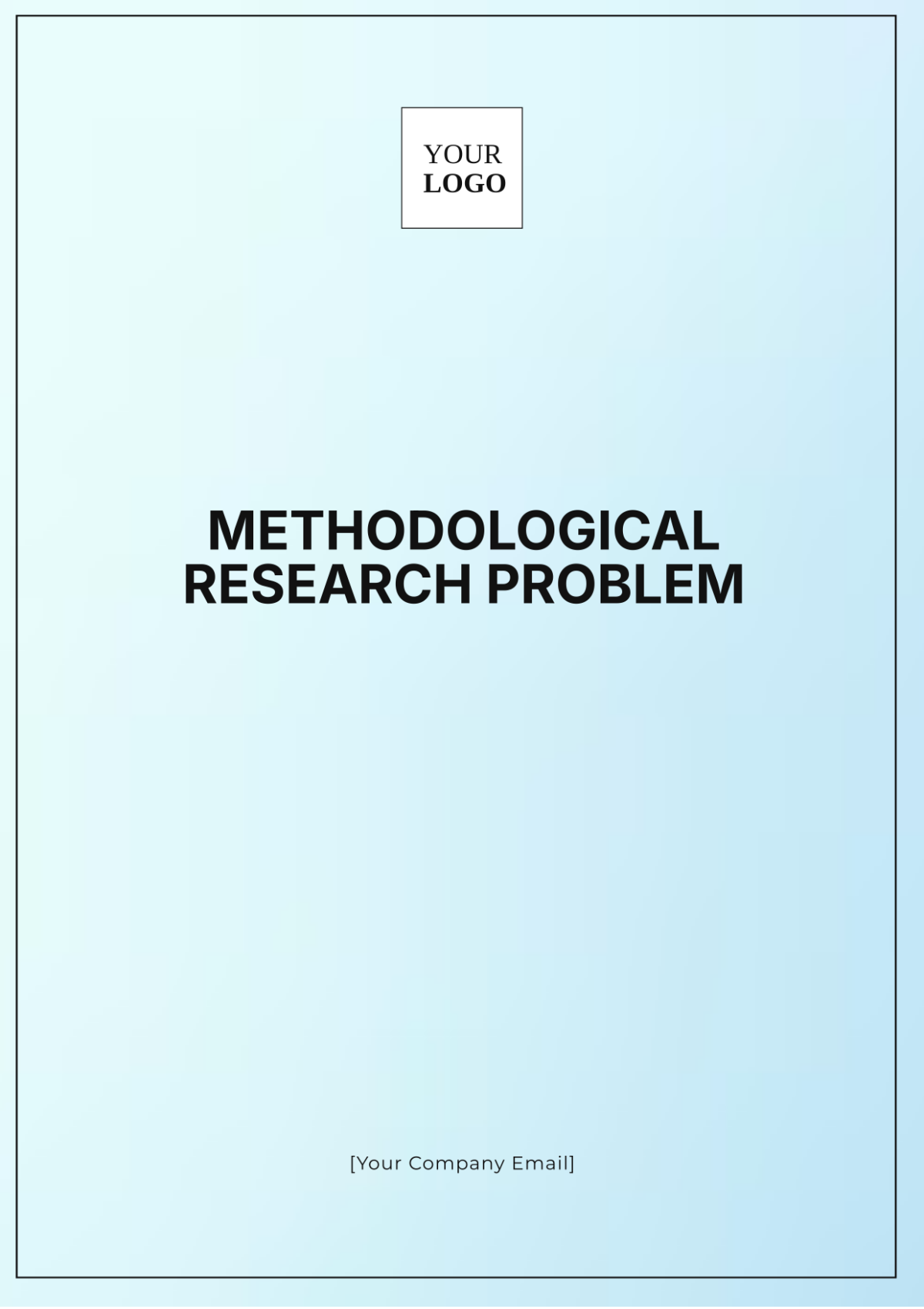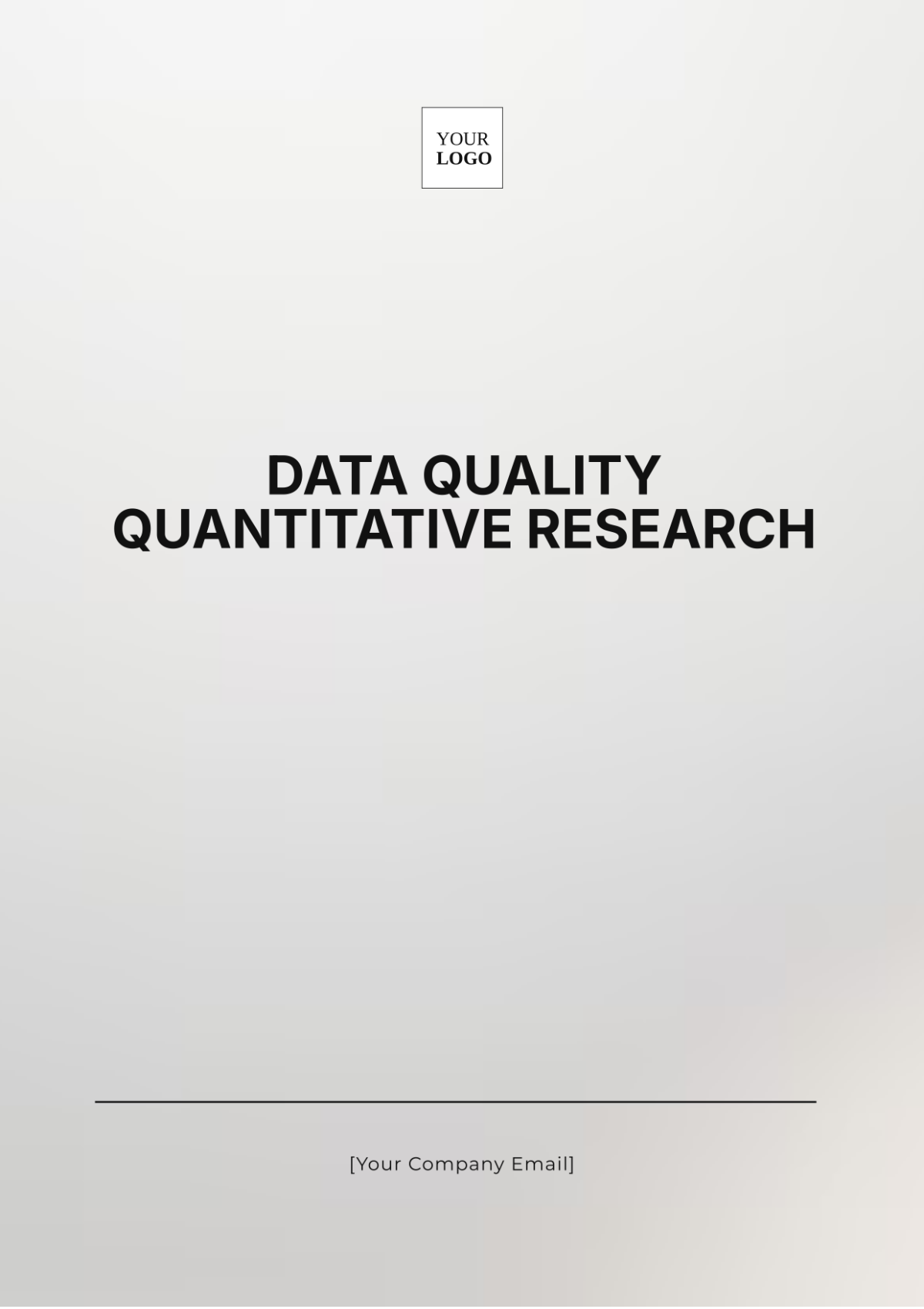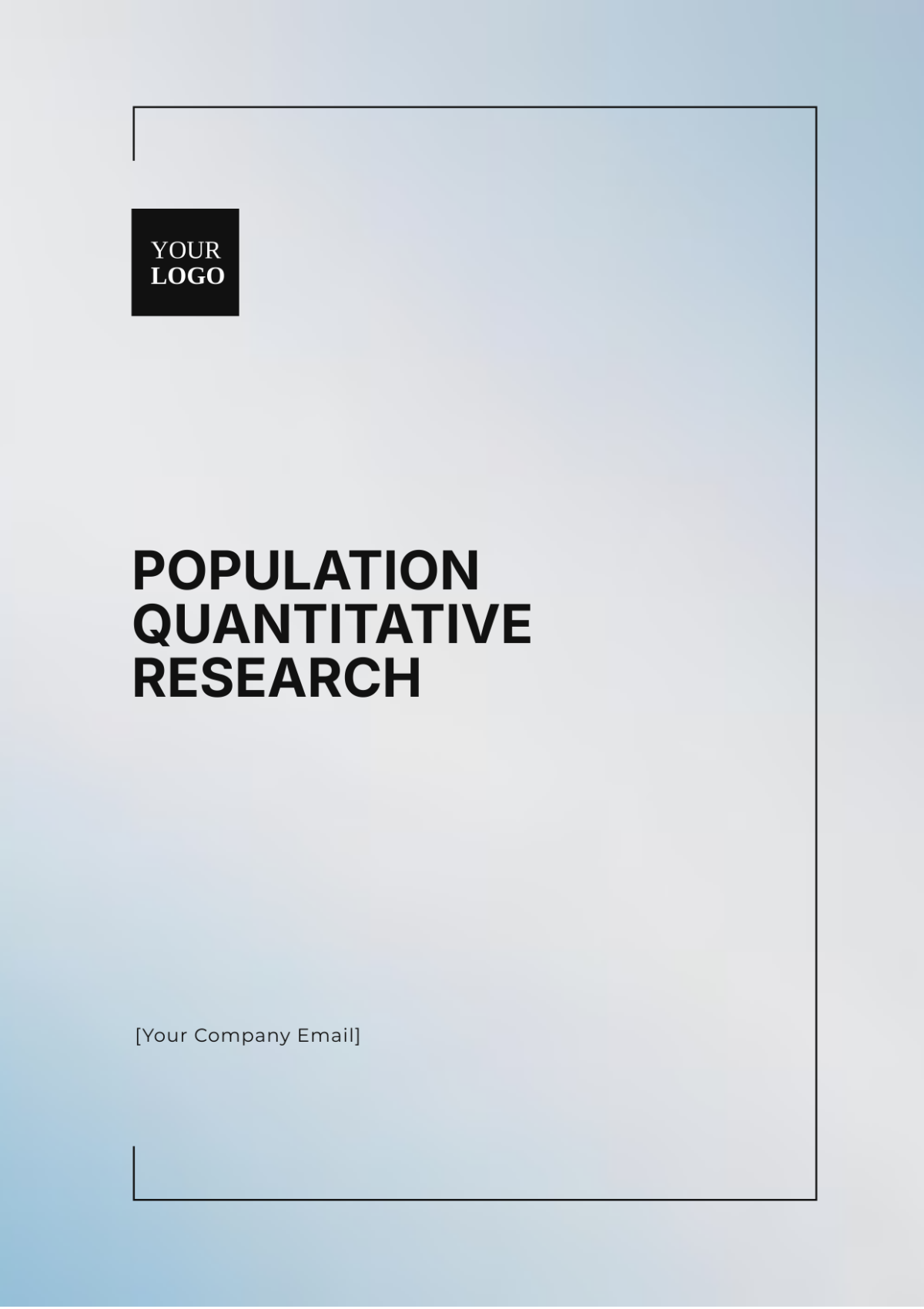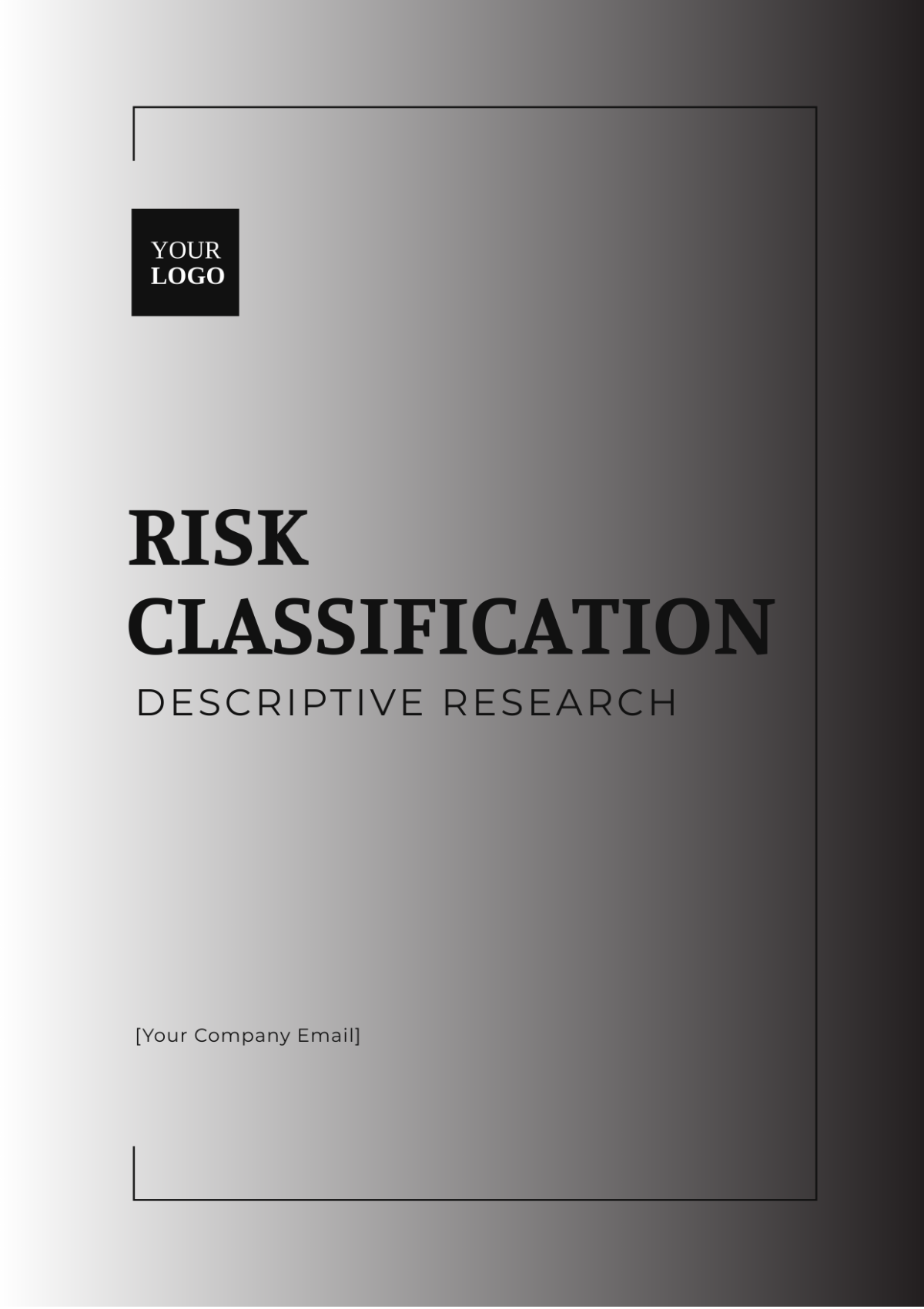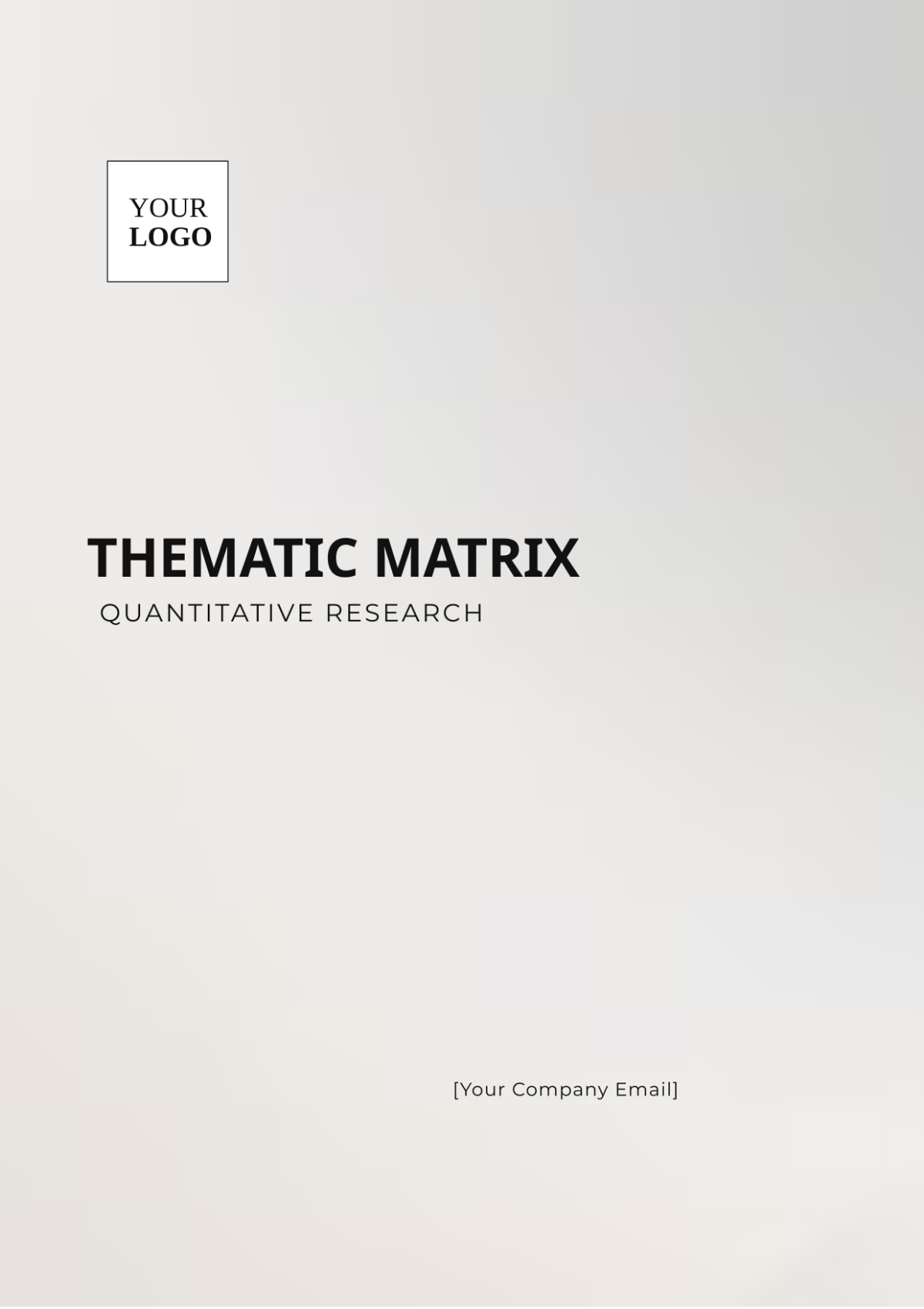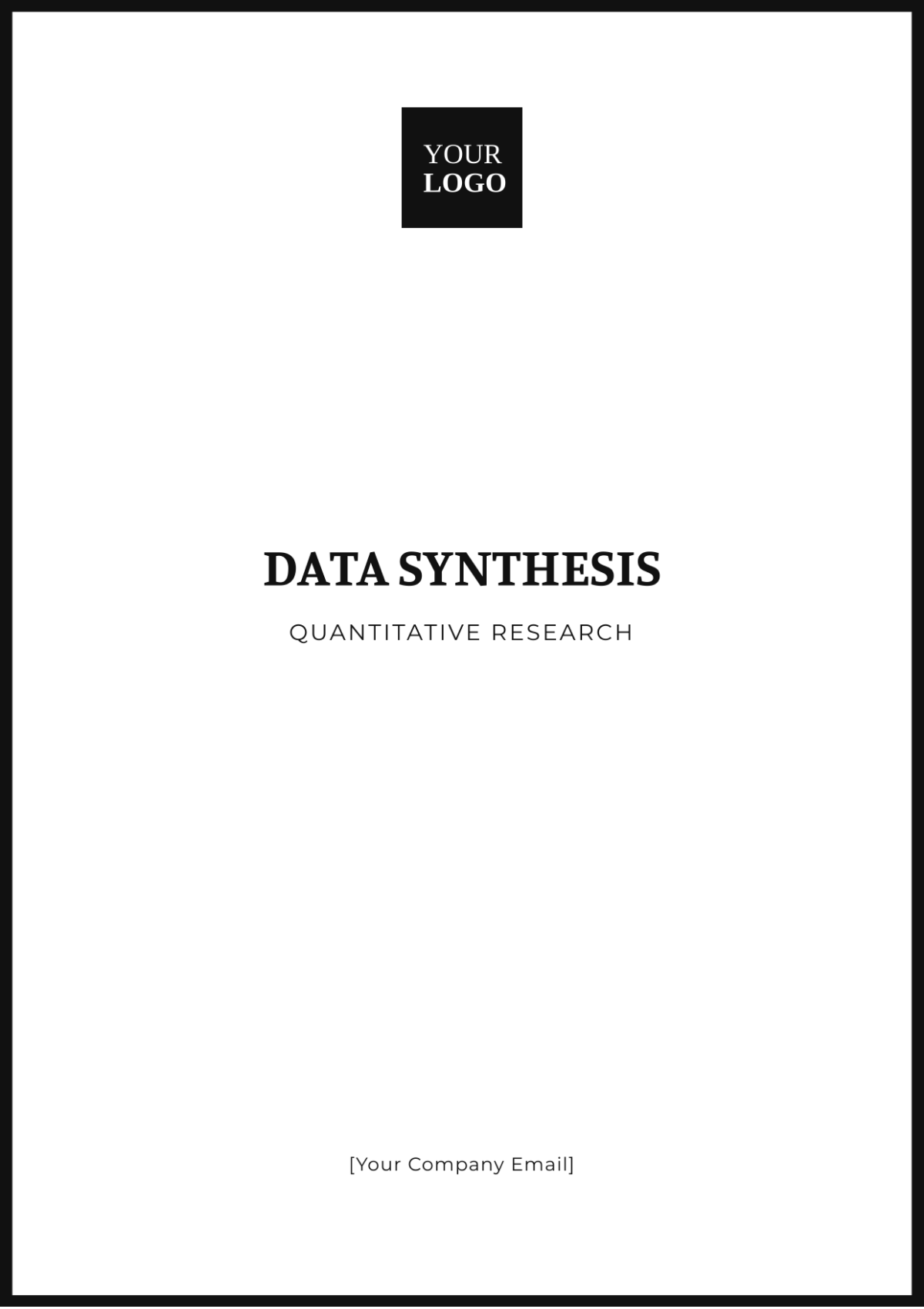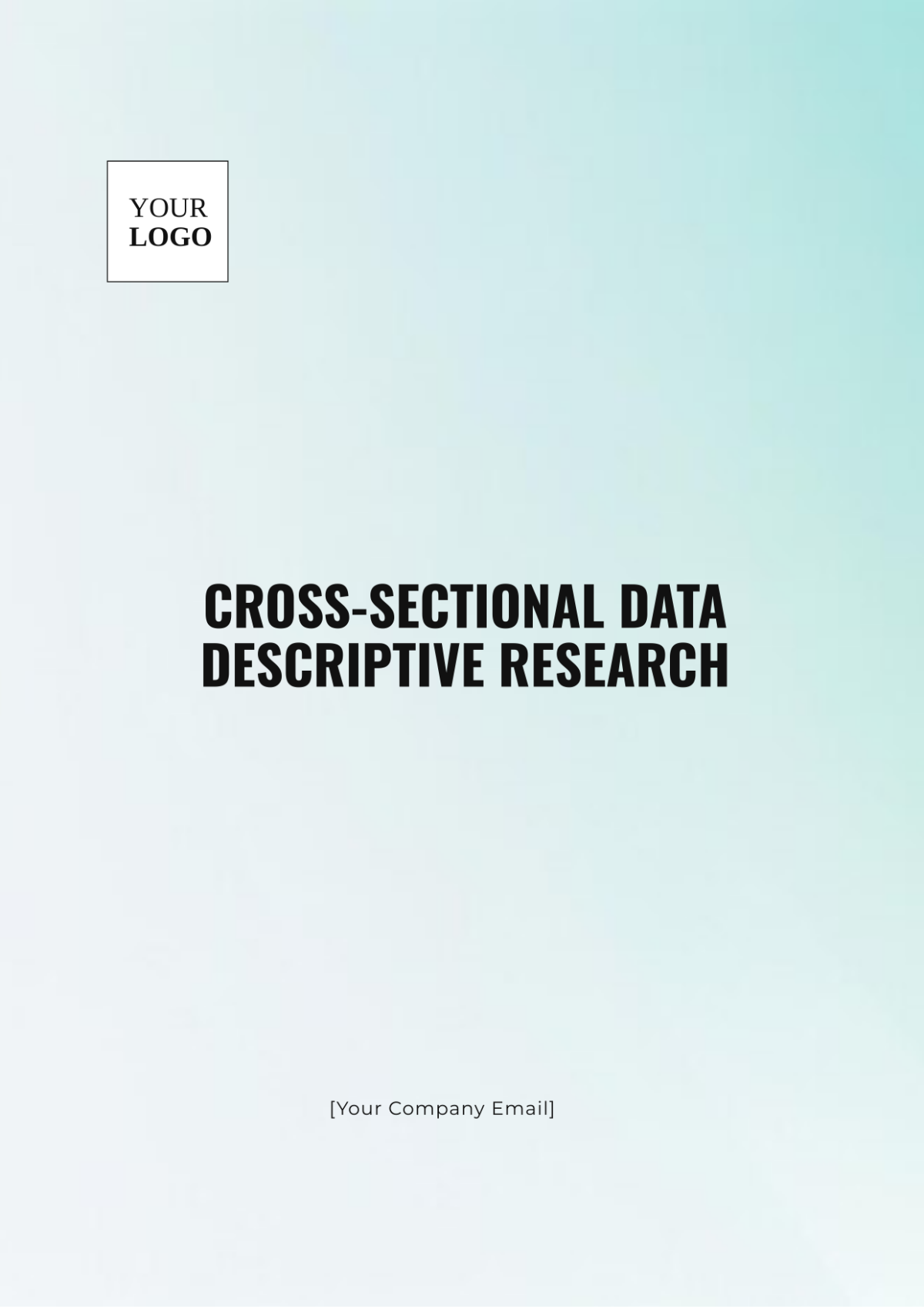Key Themes Quantitative Research
Prepared by: [Your Name]
Date: [Date]
1. Introduction
Quantitative research is fundamental for analyzing and interpreting numerical data to uncover patterns, relationships, and trends. This document explores the essential themes that underpin quantitative research methodologies, aiming to offer valuable insights for researchers and practitioners.
2. Purpose of the Research
The purpose of this research is to delve into key themes in quantitative research, to improve methodological practices and research outcomes. This study seeks to identify best practices, emerging trends, and areas for future exploration, providing a framework for enhancing the quality and impact of quantitative research.
3. Methodology
3.1 Research Design
This study utilizes a cross-sectional research design, analyzing studies published from January 2050 to December 2060. By examining a broad range of sources, including peer-reviewed journals and conference papers, the research aims to identify common practices and evolving trends in quantitative research.
3.2 Data Collection
Data was collected through a systematic review of academic literature, complemented by surveys distributed to 150 researchers in the field. The review focused on key publications and research reports to identify prevalent themes and challenges. Survey responses provided additional insights into current practices and emerging issues.
3.3 Data Analysis
The analysis employed advanced statistical techniques, including regression analysis, factor analysis, and thematic analysis of qualitative survey responses. Tools such as SPSS, R, and NVivo were used to ensure accurate and comprehensive analysis of the data.
4. Key Themes in Quantitative Research
4.1 Data Integrity
Data integrity is essential for the validity of quantitative research. Ensuring accurate and consistent data collection and processing helps minimize errors and biases. Key practices include implementing validation checks, auditing data entry procedures, and maintaining detailed records of data handling.
4.2 Statistical Significance
Statistical significance determines whether observed effects are likely to be due to chance. Emphasis is placed on reporting p-values, confidence intervals, and effect sizes to provide a complete picture of the research findings. Recent advancements stress the importance of transparency in statistical reporting.
4.3 Sampling Techniques
Sampling methods influence the generalizability and accuracy of research findings. Common techniques include random sampling, stratified sampling, and cluster sampling. Understanding the strengths and limitations of each method is crucial for selecting appropriate sampling strategies and ensuring representative results.
4.4 Measurement Scales
Measurement scales, including nominal, ordinal, interval, and ratio, are fundamental for quantifying variables. Each scale serves different purposes, from categorizing data to measuring precise intervals. Proper selection of measurement scales is critical for accurate data analysis and interpretation.
4.5 Data Visualization
Effective data visualization is key to communicating complex data. Techniques such as histograms, scatter plots, and heat maps help illustrate patterns and trends. Interactive visualizations and dashboards have become increasingly popular, enhancing data accessibility and user engagement.
5. Emerging Trends in Quantitative Research
5.1 Big Data and Analytics
The rise of big data has transformed quantitative research, offering unprecedented opportunities for analysis and insight. Techniques such as machine learning and predictive analytics are increasingly used to analyze large datasets and uncover hidden patterns.
5.2 Advanced Statistical Methods
New statistical methods and software tools are continuously evolving, providing researchers with enhanced capabilities for data analysis. Techniques such as Bayesian statistics and multivariate analysis are becoming more prevalent, offering new ways to interpret complex data.
5.3 Ethical Considerations
As quantitative research becomes more sophisticated, ethical considerations are increasingly important. Issues such as data privacy, informed consent, and the responsible use of data are critical for maintaining research integrity and protecting participant rights.
6. Challenges and Opportunities
6.1 Data Quality and Management
Maintaining high data quality is a persistent challenge in quantitative research. Issues such as incomplete data, errors in data entry, and data management complexities require ongoing attention. Opportunities for improvement include investing in robust data management systems and implementing rigorous data validation processes.
6.2 Replication and Reproducibility
Ensuring the replication and reproducibility of research findings is crucial for validating results and building a credible body of knowledge. Researchers are encouraged to follow best practices in reporting methodologies and sharing data to facilitate independent verification of results.
6.3 Integration with Qualitative Research
Integrating quantitative and qualitative research methods can provide a more comprehensive understanding of the research questions. Mixed-methods approaches, which combine numerical data with qualitative insights, offer a richer perspective and enhance overall research findings.
7. Conclusion
This research highlights critical themes in quantitative research, including data integrity, statistical significance, sampling techniques, measurement scales, and data visualization. Emphasizing these themes can improve research quality and impact. Emerging trends, challenges, and opportunities provide additional context for enhancing quantitative research practices.
8. References
Smith, J. (2052). Advances in Quantitative Research Methods. Journal of Statistical Science, 15(2), 123-145.
Brown, L. & Green, M. (2055). Best Practices in Data Collection and Analysis. Data Science Review, 22(4), 200-220.
Johnson, R. (2058). Understanding Measurement Scales in Modern Research. Measurement Science Quarterly, 10(1), 45-67.
Davis, K. (2059). The Impact of Big Data on Quantitative Analysis. International Journal of Data Science, 8(3), 300-315.
Lee, A. (2060). Ethical Issues in Modern Quantitative Research. Ethics in Research Journal, 12(1), 55-70.





